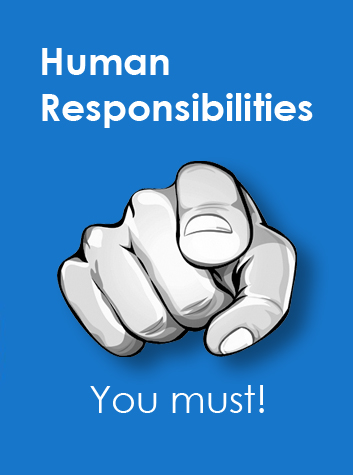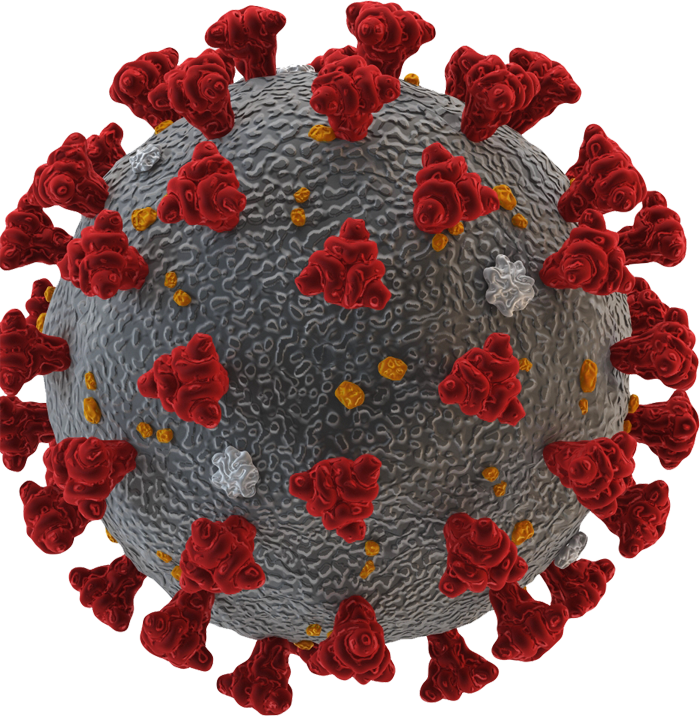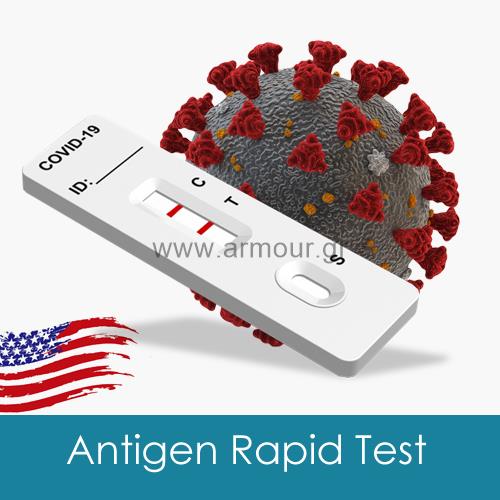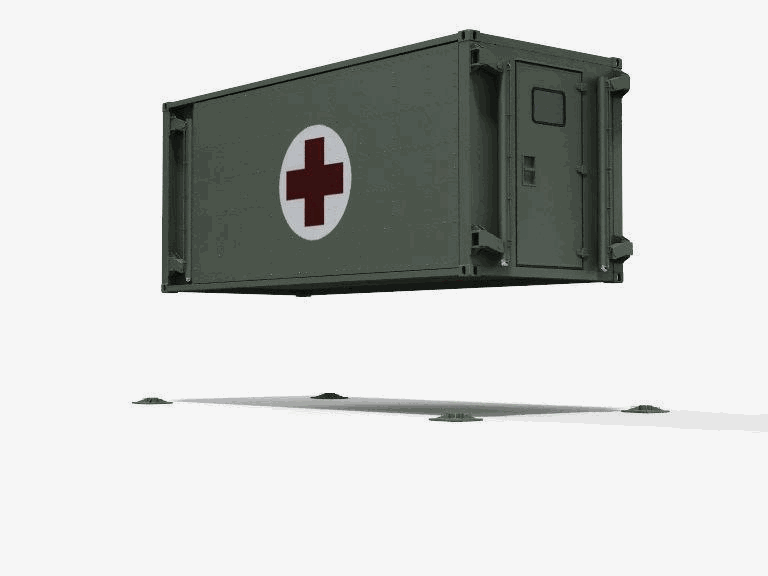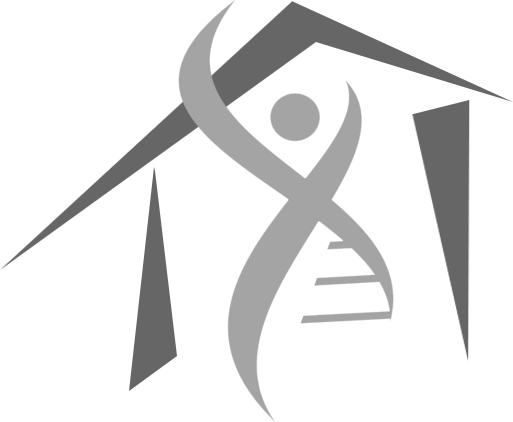affect your lungs & airways.
Coronavirus disease (COVID-19) is an infectious
disease caused by a newly discovered coronavirus.
Most people infected with the COVID-19 virus will experience mild to moderate respiratory illness and recover without requiring special treatment. Older people, and those with underlying medical problems like cardiovascular disease, diabetes, chronic respiratory disease, and cancer are more likely to develop serious illness.
The best way to prevent and slow down transmission is to be well informed about the COVID-19 virus, the disease it causes and how it spreads. Protect yourself and others from infection by washing your hands or using an alcohol based rub frequently and not touching your face.
The COVID-19 virus spreads primarily through droplets of saliva or discharge from the nose when an infected person coughs or sneezes, so it’s important that you also practice respiratory etiquette (for example, by coughing into a flexed elbow).
Provide the necessary emphasis
Sustain the establishment of a multidisciplinary team in Hotspots and migrant Centres, in Italy, Greece, Cyprus, Croatia and any other country needed and promote the appropriate healthcare provision to migrants and tackle health threats into the arrival centers or shelters.
Ensure the rapid detection of disease outbreaks and potential public health emergencies occurring in hotspot/reception centers, contribute to prevent cross border health threats, assess the current policy in vaccination offer targeting newly arrived migrants, and provide information on endemic and currently epidemic diseases in the countries of origin and transit of newly arrived migrants to front line health care workers in order to complement the individual health assessment.
Realize a prototype of an integrated system for tracking and monitoring the health status of migrants/refugees at the moment of their arrival, based on advanced technology (smart devices and tags).
Raise knowledge and awareness in general public with regard to “true” and “false” health topics about migrants and refugees.
Empower health professionals and non-health personnel (social workers, cultural mediators, volunteers, law enforcement operators, etc.) working outside Hotspots and other migrants’ Centres, to meet the needs of migrants at their first arrival, during their move and over their stay in the target MSs, considering also children and adolescent needs
Promote migrants health literacy with emphasis on the right to access public health care services in MSs aiming to facilitate delivery of services to migrants, according to their age.
Support the development of integrated Public Health plans, relevant to migrants and refugees, based on: the synergies and complementarities between Public sector and civil society organizations; good practices and evidence based interventions.
The project 4HumansCare approach for refugees and other migrants’ health”, which has received funding from the European Union’s Health Program, aim to promote a better understanding of refugees and migrants’ health condition as well as to support the adaptation of the appropriate clinical attitude towards refugees and migrants’ health needs and in particular towards the health needs of fragile subgroups, such as minors, pregnant women and victims of violence.
Participating countries were those facing the greatest burden of the migration crisis at the time. In fact, they were either in the middle of the Mediterranean sea (Italy, Greece, Malta) or on the Balcanian route of refugees/migrants, and their policy and actions had clearly the highest impact also on neighboring Countries, depending on the actual ability to take care of the arrivals or at least to reduce and manage such an impact.
The 4HumansCare project is designed to implement in close cooperation with the national and local authorities of the involved Countries and is also coordinating with the ongoing activities for the migrant population, where already existing, in order to complement them and to introduce added values of EU cooperation, increased use of multidisciplinary approaches and improvements in the monitoring of activities and potential health risks.
Its main results included more appropriate health care deliveries, increased control of infectious disease risk at the early phase of migrant’s care and better taking care of migrants’ health over the European territory will have been obtained
Overall, the 4HumansCare project focused on promoting and sustaining the good health of migrants and populations in Member States experiencing strong migration pressure.
More specifically, the 4HumansCare project met the following operational objectives:
- Sustain the establishment of a multidisciplinary team in Hotspots and migrant’s Centres, in Italy, Greece and Croatia as well as promote appropriate healthcare provision to migrants and tackle health threats into the target Centres
- Ensure the rapid detection of disease outbreaks and potential public health emergencies occurring in hotspot/reception centers, contribute to prevent cross border health threats, assess the current policy in vaccination offer targeting newly arrived migrants, and provide information on endemic and currently epidemic diseases in the countries of origin and transit of newly arrived migrants to front line health care workers in order to complement the individual health assessment
- Realize a prototype of an integrated system for tracking and monitoring the health status of migrants/refugees at the moment of their arrival, based on advanced technology (smart devices and tags)
- Raise knowledge and awareness in general public with regard to “true” and “false” health topics about migrants and refugees
Empower health professionals and non-health personnel (social workers, cultural mediators, volunteers, law enforcement operators, etc.) working outside Hotspots and other migrants’ Centres, to meet the needs of migrants at their first arrival, during their move and over their stay in the target MSs, considering also children and adolescent needs
- Promote migrants health literacy with emphasis on the right to access public health care services in MSs aiming to facilitate delivery of services to migrants, according to their age
- Support the development of integrated Public Health plans, relevant to migrants and refugees, based on: the synergies and complementarities between Public sector and civil society organizations; good practices and evidence based interventions
All human rights – including the right to health – apply to all people: migrants, refugees and other non-nationals.
The International Covenant on Economic, Social and Cultural Rights recognizes the right of everyone to the enjoyment of the highest attainable standard of mental and physical health.
Recently, the International Convention on the Protection of the Rights of All Migrant Workers and Members of their Families entered into force, providing additional human rights protections for migrant workers.
These and other provisions should be integral to migration and health policies, programmes and legislation
Health care for refugees and asylum seekers represents a challenge for the health system of the host country for various reasons.
Examples are lack of access to health care in the host country and past experience of trauma which may have caused mental health problems. Furthermore, there may be barriers of communication, language and culture.
As a result of persecution, conflict, generalized violence or human rights violations, 65.3 million people were forcibly displaced worldwide in 2015.
Most refugees were from Syria and over 6.3 million people fled from war!

